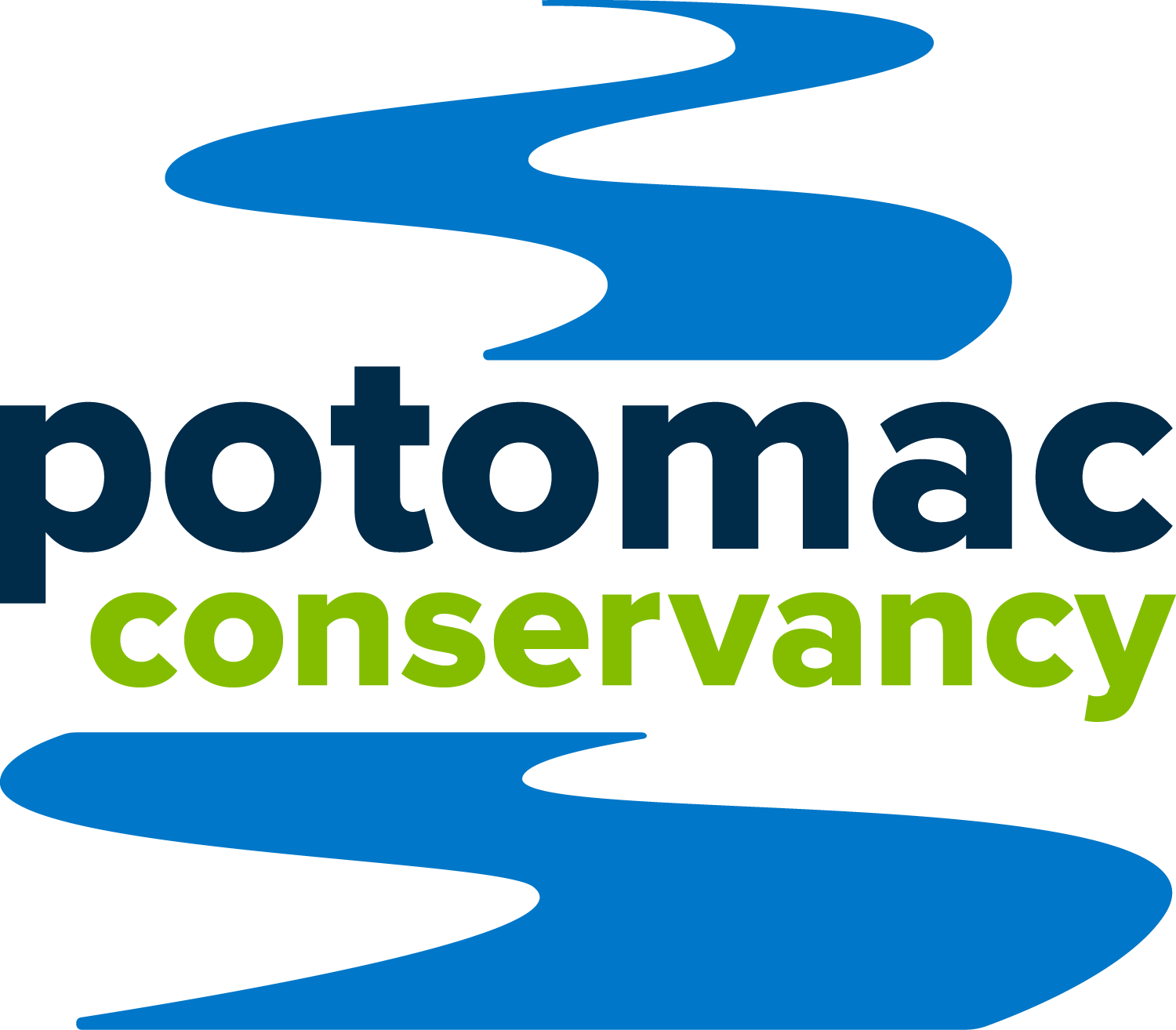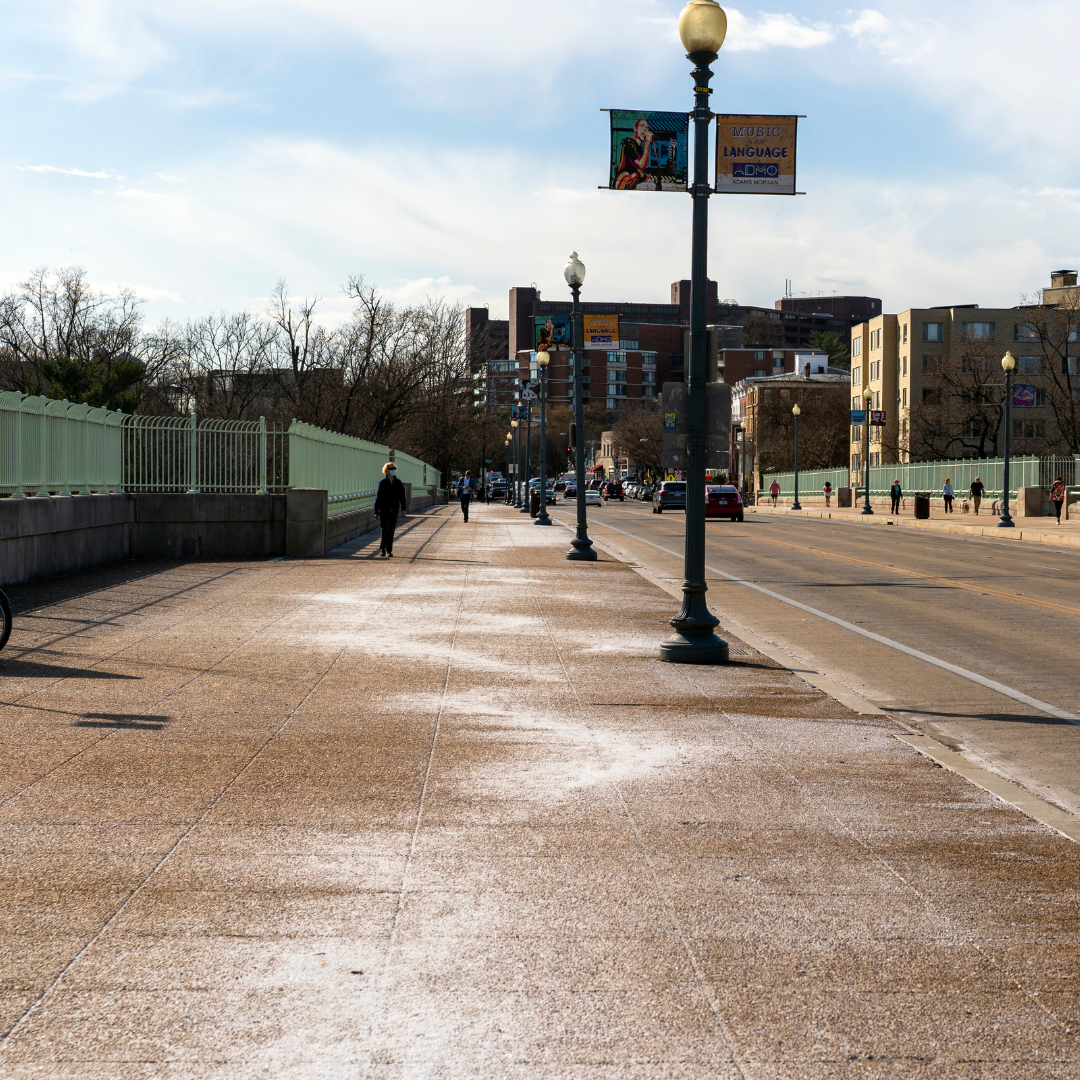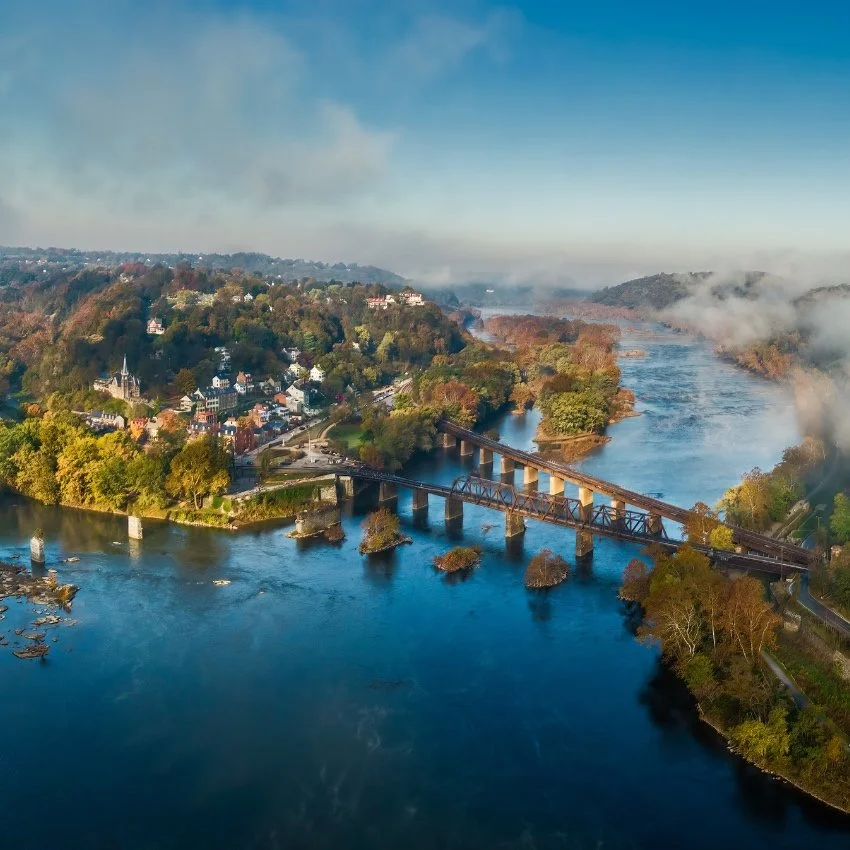Anacostia River receives an 'F' for overall health
/Despite progress, pollution and trash continue to plague the river
Photo by Jo-Elle Burgard/Anacostia Watershed Society
For the third year in a row, the Anacostia River, a major tributary to the Potomac, has been given a failing bill of health.
In its annual State of the River report Anacostia Watershed Society gave the river an F, noting that polluted runoff, sewage pollution, trash, and toxins are hindering the river's recovery.
“We are doing so much better than we have in the past, but the way the numbers roll out we still aren’t in the passing grade territory. I really think that’s going to change quickly,” Anacostia Watershed Society President Jim Foster told the Bay Journal.
The report looks at the health of the river by assessing water quality indicators, such as pollution levels, water clarity, and the health of aquatic vegetation, but also factors in the community's commitment to improving the river. It's there that the Anacostia got its highest score, a C+.
Local policies, such as the plastic bag tax and the recent ban of Styrofoam products, coupled with large scale infrastructure improvements demonstrate the region's commitment to the river and are reasons to be hopeful about the future. DC Water's Clean Rivers project for example, slated for completion in 2030, will all but eliminate the billions of gallons of sewage pollution that flood the Anacostia and Potomac rivers during heavy rains.
Still, the report notes that substantial effort will be needed to obtain a swimmable, fishable Anacostia.
Earlier this year, results from a sediment study conducted in the river found that toxic chemical pollution isn't just historic, it's ongoing, a finding that the District's District Department of Energy & Environment called "unanticipated."
The city is now investigating how best to tackle those sources of pollution.
Like the Potomac, the Anacostia River is also threatened by an increase in polluted runoff from urban areas. It's the only factor that isn't "improving," according to the report.
And the same is true elsewhere. Polluted runoff is the only growing source of pollution to the Potomac and the Chesapeake Bay.
This spring, Potomac Conservancy released its State of the Nation's River report card on the health of the Potomac, giving the river a B-. The two reports use different grading scales, but overall found similar trends, noting that, despite significant progress, more will need to be done to achieve clean water.
Know your water
Learn how your hometown rivers are doing and what you can do to protect clean water:













What you need to know about the January 2026 Potomac Interceptor sewage spill and how you can demand accountability and action.